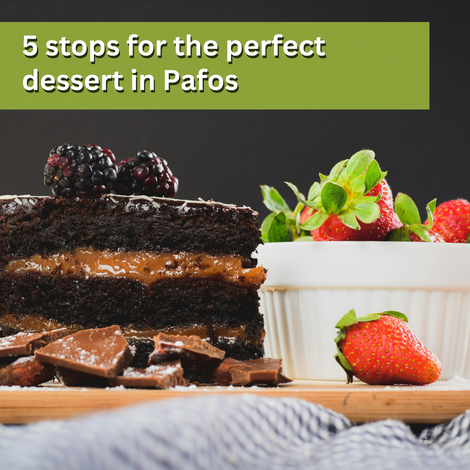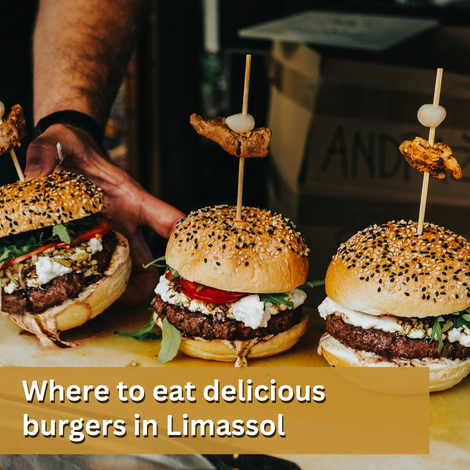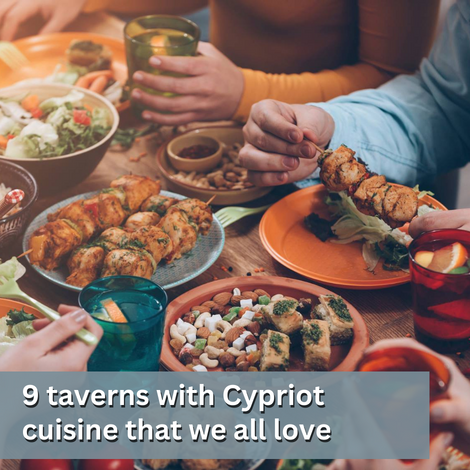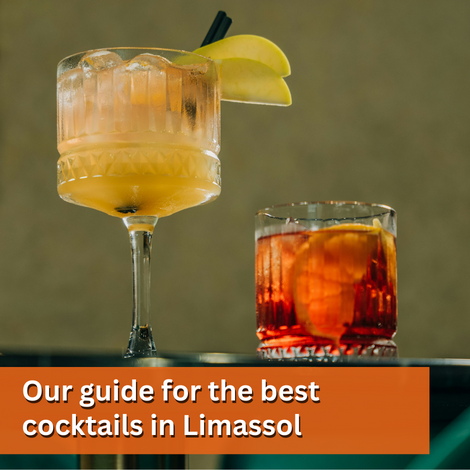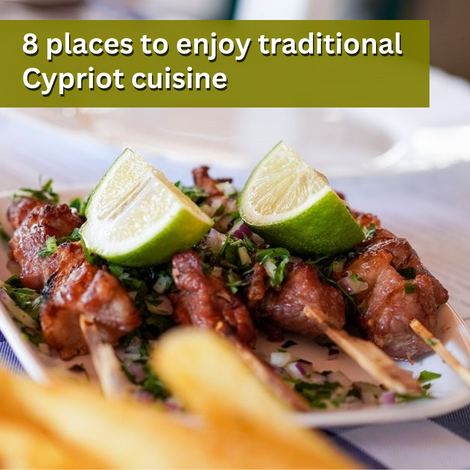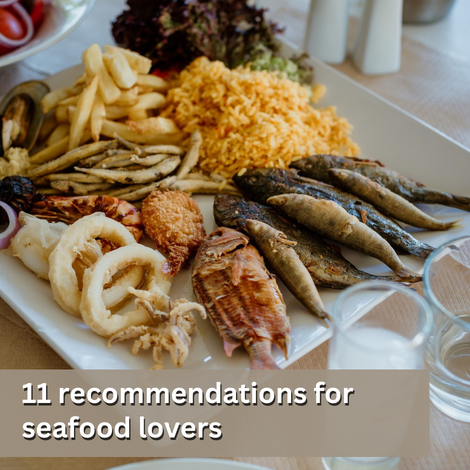Food...
in Cyprus - Watch your dialect
“You entered ‘Cabbage’” I told the checkout girl in Greek. “It doesn’t really matter because they are the same price, but I took Spinach.”
She looked at it. “No it is cabbage.”
“It’s spinach.”
“No it’s cabbage.”
I gave up.
A few days later, I asked for some cabbage at the market. I was shown bunches of winter spinach.
“No - ‘Lahano’”, I said, pointing to the cabbages.
“Ah Crambi,” said the stall holder.
Back in Classical times there were three main dialects of Greek: Aeolic, Doric and Ionic. They had lots of sub-dialects. Around the 4th century BC a common dialect, ‘Koine’ meaning common, evolved in all the Greek regions. This is the dialect used to this day in the Greek Orthodox liturgy.
Small regional differences remained, as the language evolved over the years - first into Byzantine Greek and then into the Modern Greek of the present day. Cyprus in many ways stayed closer to classical Greek. Present, third person plural verb endings are the Classical ‘ousi’ instead of the ‘oun’ heard in today’s Greece. Eg ‘Theloussi’ (they want) rather than ‘Theloun’ or ‘Thene’. Many individual words stay closer to Ancient Greek. For example, in Cyprus , instead of ‘lego’ (I speak/say/tell), you will usually hear the Koine Greek word ‘lalo’ like in the biblical quote from Pontius Pilate when washing his hands of the condemnation of Jesus, “Ipa kai elalisa(past of lalo). Amartian ouk eho.”
There are a number of such variants from standard Modern Greek and some of these relate to food. ‘ Spanaki’ here is only baby spinach. ‘Lahano’, which in Greece is cabbage, is in Cyprus what in England is called ‘winter spinach’ (spinach for short) or ‘chard’. ‘Cabbage’ in Cyprus gets called ‘Crambi’.
Apart from matters of dialect, when shopping for food, you will also come across some plant food that you have probably never come across anywhere else. There is the Carob tree from whose beans is made a syrup used in a variety of sauces and salad dressings. We have ‘’Kouloumbra” or ‘Khol Rabi’ which tastes like a cross between a cabbage and a radish. Then there is abundant ‘Kolokasi’, ‘Taro’ in English – a root crop that originates from certain parts of Asia like Malaysia and is widely available in Cyprus. At restaurants I sometimes find it an interesting alternative to chips. Myrtia shows us how to cook our own at https://www.cyprusalive.com/en/about/kolokasi .
Sometimes I hear English people say that food is expensive in Cyprus. “Just what sort of food do you buy?” I ask in surprise as I find food in Cyprus costs substantially less than in the UK.
“Fish fingers, frozen ready meals, Aunt Bessie’s potatoes.”
“Why on earth do you want to buy Aunt Bessie’s potatoes, when you are in a country famous for its potato exports?” I respond.
Cyprus is truly a Garden of Eden. Apart from potatoes which it exports in huge volumes, it has an abundance of Citrus fruit and vegetables crops. I sometimes say that just as in England people often like chips with everything, here we like lemons with everything. Greeks in general will put on the table a plate of lemon quarters with almost any dish served. We even have a special sauce called ‘Avgolemono’ (egg and lemon sauce) used in a variety of recipes. In the right season you may find a huge bag of lemons at the market for a euro.
Much of the year you can find bags of cooking tomatoes for about 35 cents a kilo. They are great for making your own tomato sauce and will include some good salad tomatoes. First grade and cherry tomatoes will cost more.
In England when you are looking for cucumbers, you find they have been cut in half and put on sale at 40p per half. Here ask for four small cucumbers at the market and the stall holder will say "Don't be silly," and give you ten, charging you 40 cents for them all.
Focus on fruit and vegetables and you can eat very cheaply in Cyprus. But fresh meat is well priced too. Lamb can be found for less than seven euros a kilo. Pork costs much less still. I show you how to eat well for little, the Mediterranean way, in my book, “How to make a Chicken go Further.” You can obtain it at Amazon’s https://www.createspace.com/4629541 .
When you buy it, you can claim a FREE £10 voucher against UK wine-case orders from my UK wine website www.billwarrywine.co.uk. Simply enter “CHICKEN” in the promotional code.

 English
English
 Ελληνικά
Ελληνικά Русский
Русский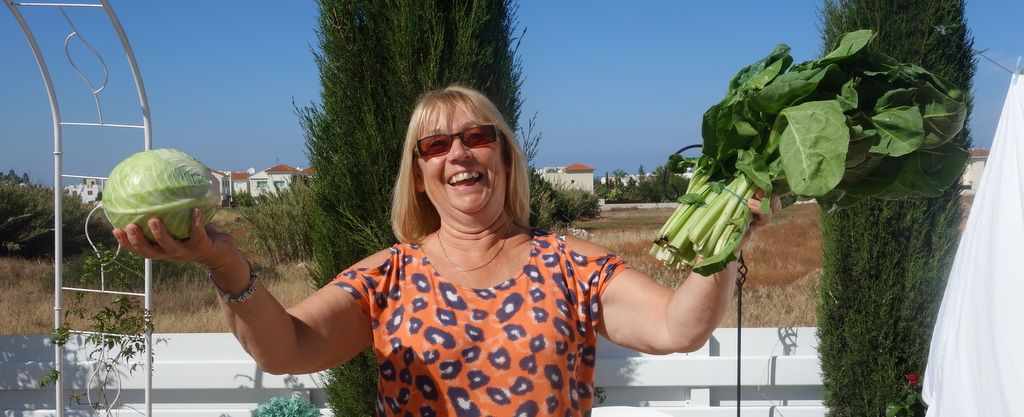
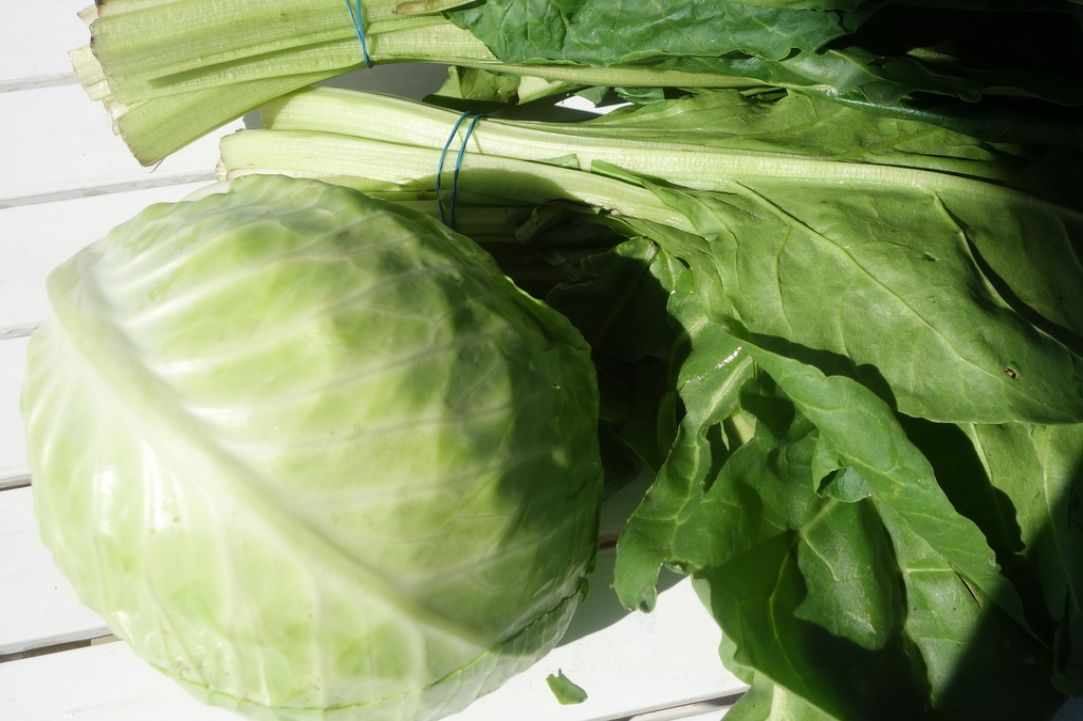
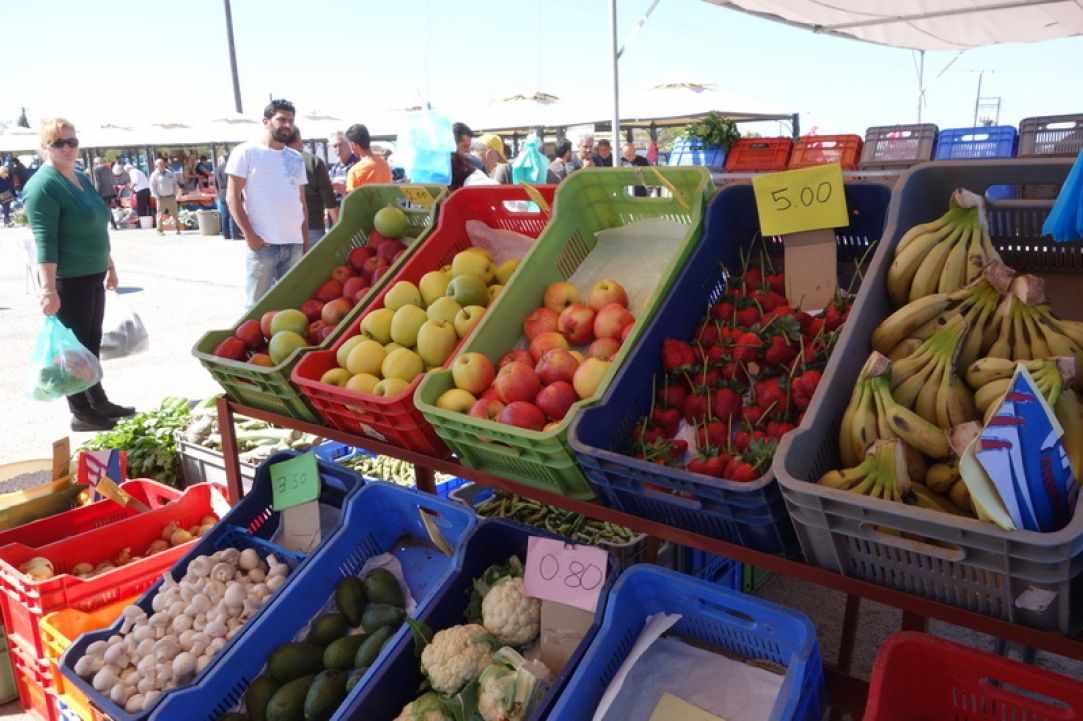
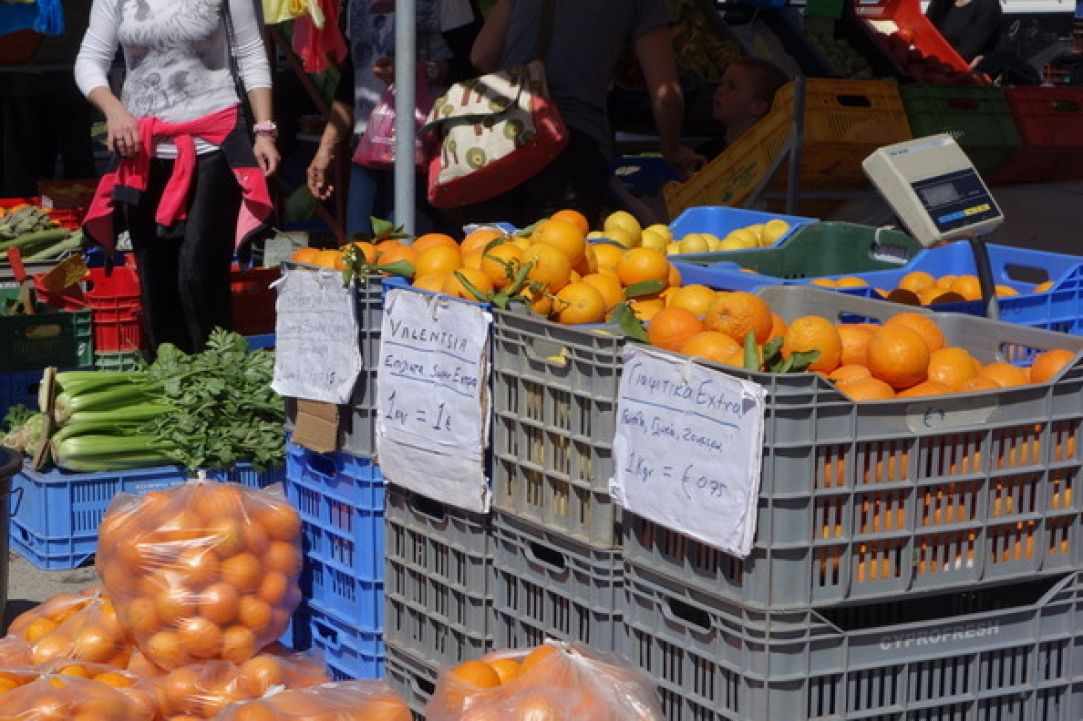
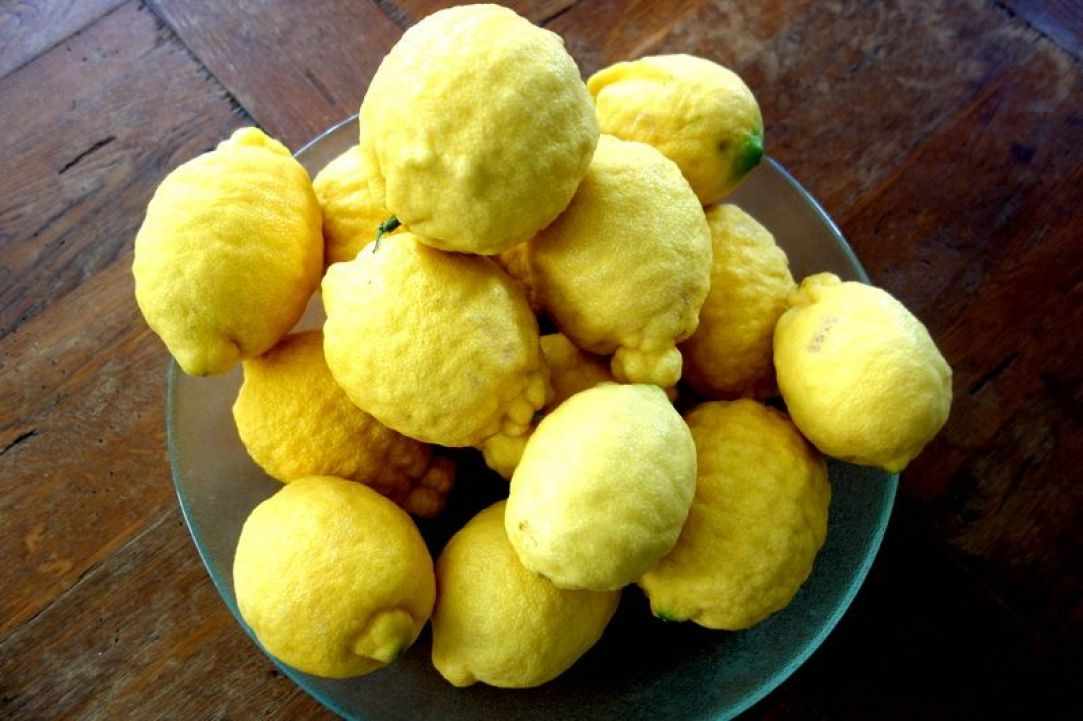
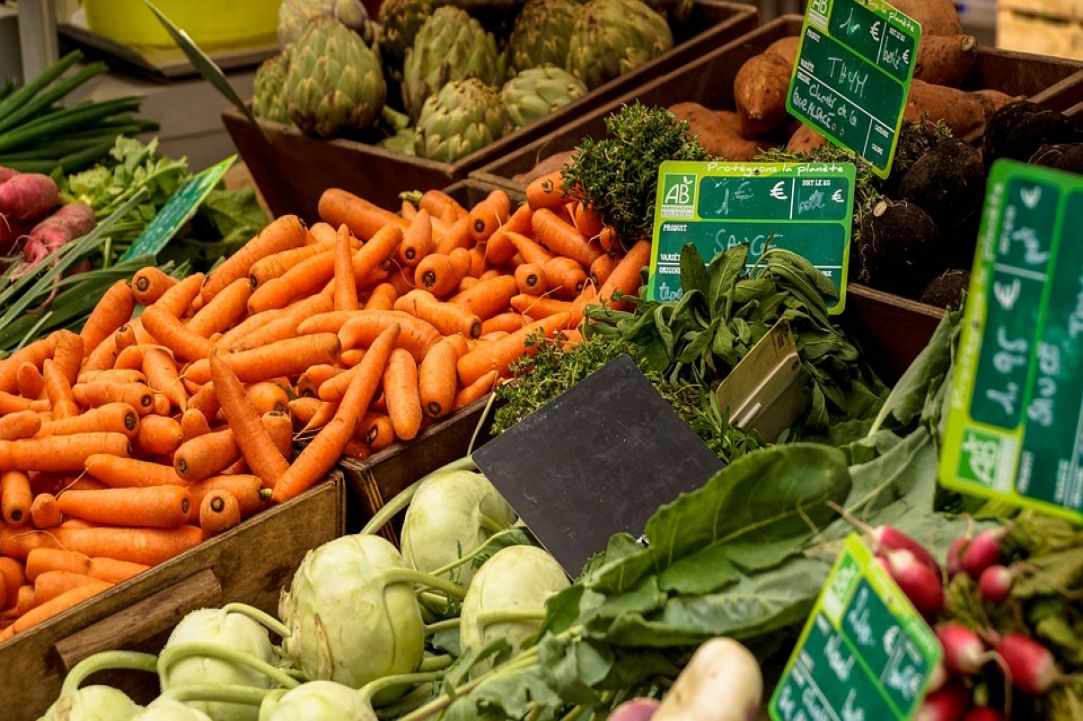
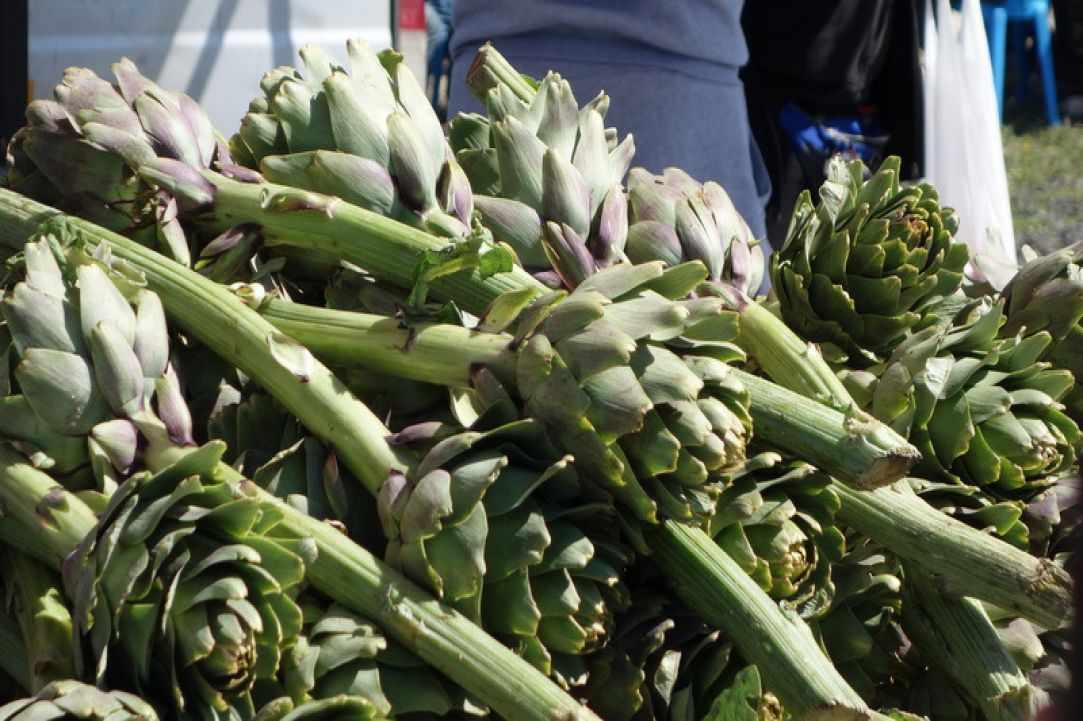
 Posted by
Bill Warry
Posted by
Bill Warry
